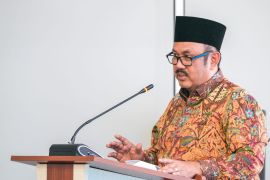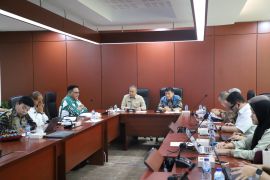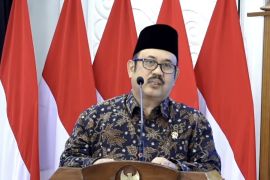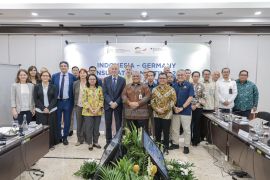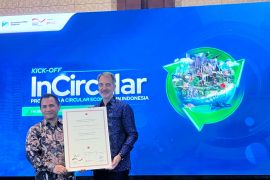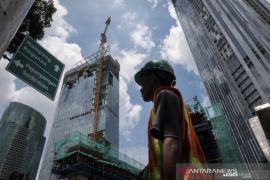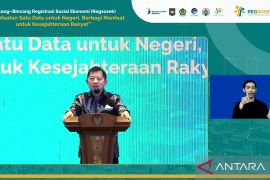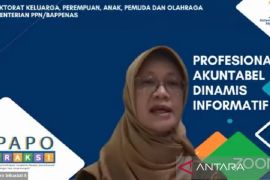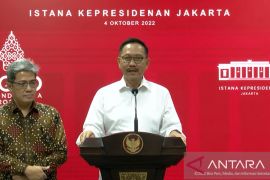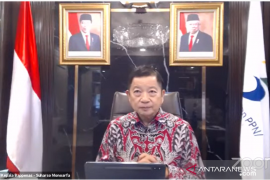"Now that we have experienced digitization, there are 2.4 million workers, who have lost their jobs, but at the same time, there will be new types of jobs offering 20-45 million vacancies," Monoarfa stated while speaking during a public discussion of the Statistical Society Forum on Monday.
Hence, Indonesia must conduct economic transformation in the post-COVID-19 period, such as by improving the skills of Indonesian workers, so that the economy will not only recover but also grow higher beyond five percent per year.
In addition to the use of digital technology, the economy is directed to be more inclusive and sustainable, so that Indonesia can achieve its Net Zero Emissions (NZE) target by 2060.
"Economic recovery alone is not enough to lift the trajectory of the economy, so we need economic transformation that we direct to restore and lift the economy higher," he affirmed.
Related news: Minister urges press to adapt to advances in digital technology
Economic transformation towards an inclusive and sustainable direction is also contained in the Government Work Plan (RKP) 2023 having eight policy directions, including accelerating the elimination of extreme poverty; improving the quality of human resources, health, and education; and overcoming unemployment by providing decent jobs.
The government will also encourage business recovery, revitalize the industry and strengthen applied research, undertake low-carbon development and energy transition, and accelerate basic infrastructure development.
In 2023, the government is optimistic of economic growth starting to accelerate or being higher than the target in 2022, which ranges from 5.3 to 5.9 percent year-on- year, so that Indonesia can maintain its status as an upper middle-income country.
Related news: Focus on technology development, not just consumption: VP
Translator: Sanya DS, Fardah
Editor: Rahmad Nasution
Copyright © ANTARA 2022

